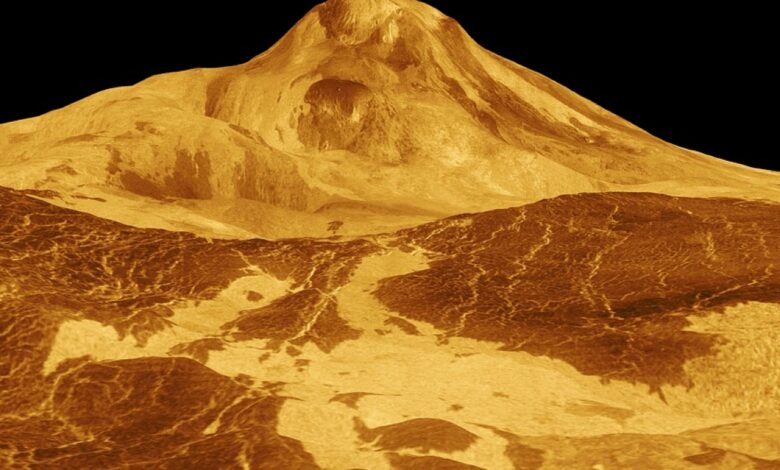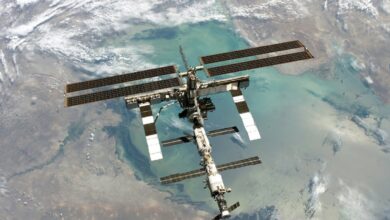ISRO gets government approval for Shukrayaan and Chandrayaan-4 missions

The Union Cabinet of India has approved two major space missions – the Venus Orbiter Mission (VOM) and Chandrayaan-4, Nilesh Desai, Director, ISRO, revealed during a recent media interaction. These projects aim to expand India’s capabilities in planetary exploration and lunar science, in line with the country’s Space Vision 2047, which aims to position India as one of the leading global space powers. According to reports, the missions will enable advances in technology and science, with a focus on heavy launch vehicles, human-rated systems and re-entry technology.
Venus Orbiter Mission (VOM)
According to According to a Business Standard report, the VOM mission, scheduled for a March 2028 launch, will focus on studying Venus’ atmosphere, surface and interaction with solar activity. Scientists have highlighted its potential to address gaps in global Venusian data, such as surface topography, atmospheric dynamics and subsurface features.
It is reported that 16 payloads from Indian teams, as well as collaborative payloads involving international partners, have been selected to contribute to the mission.
The mission, estimated at Rs. 1,236 crore, will include advanced techniques such as aerobraking to position the spacecraft in a 200 x 600 km orbit around Venus. The Indian Space Research Organization’s (ISRO) Deep Space Network will play a crucial role in receiving and disseminating mission data.
Chandrayaan-4 mission
Building on the success of previous lunar missions, Chandrayaan-4 will return lunar samples from the moon’s south pole. Reports indicate that the mission will demonstrate new technologies including robotic sampling and docking procedures. The mission involves five spacecraft modules launched via two LVM-3 rockets and placed into orbit.
The Rs. The Rs 2,104.06-crore mission is designed to ensure the pristine condition of the samples collected, enabling detailed analysis on Earth. The progress is expected to pave the way for future lunar exploration and human spaceflight.
Both missions, according to sources, highlight India’s focus on skill development, scientific cooperation and self-reliance in space technology.




